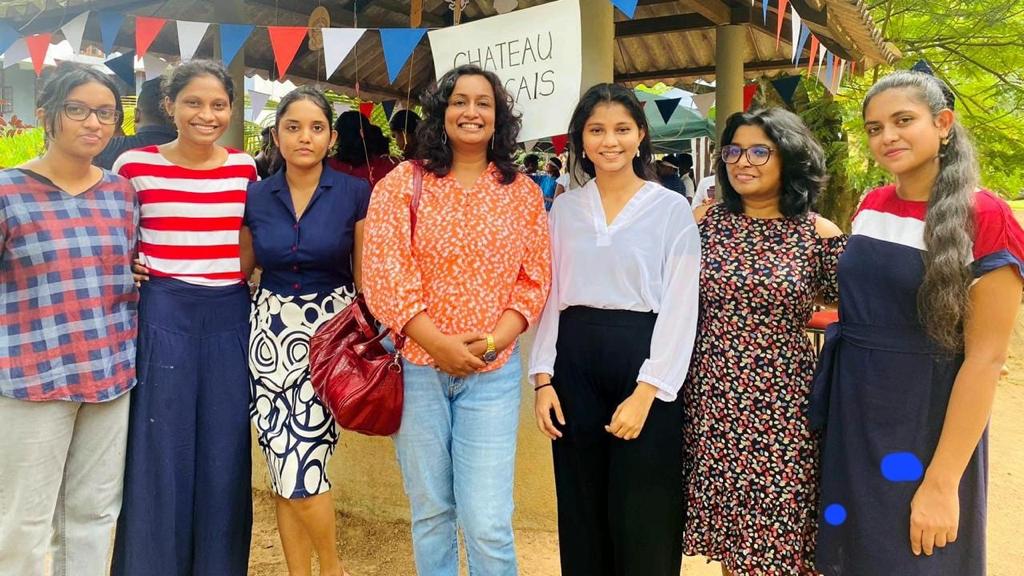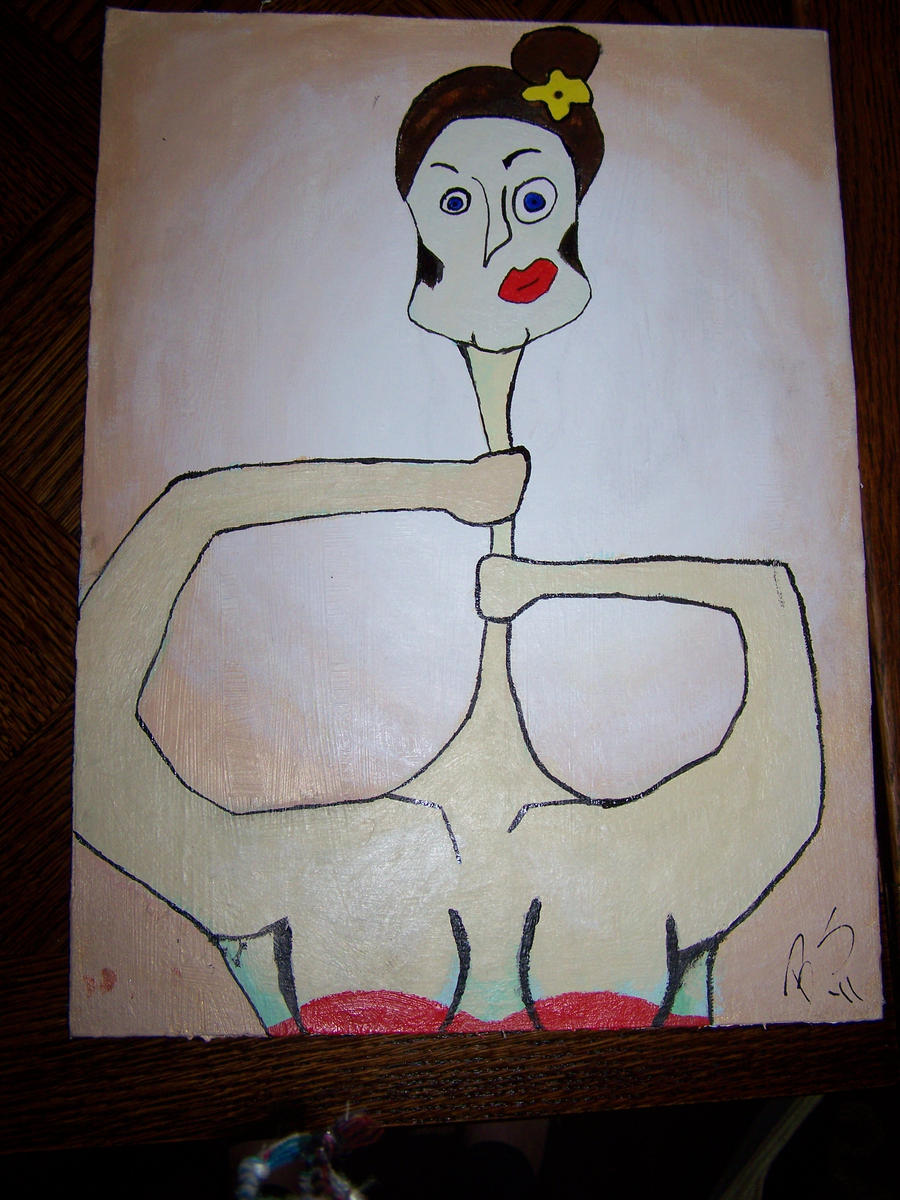I killed him.
He didn't
move. Blood was flowing from his body. I realized he was dead. But I didn't
feel anything, not even a hint of remorse. He had been dead in my heart for a
long time. I had never killed anyone before, not even an animal. I always
believed that taking a life was a grave sin. But strangely, standing before his
lifeless body, I didn't feel the terrible regret that overwhelms me every time
I kill a mosquito that tries to suck my blood. Mosquitoes only take my blood,
but he had sucked my soul dry. I believe I was right to kill him. Who can judge
me? Who can punish me? God, if such a being exists, or Buddha, who died a long
time ago?
I killed him
because I loved him. I loved him more than my own life. I couldn't bear the
thought of him living without me, breathing without me, existing on this earth
without me. I had never loved a man like this before, and it had made me
paranoid. When I saw men filling the streets, the offices, and the public
transport, I started to hate them so much for their overwhelming presence on
this planet. I wanted to see him everywhere, to make the world revolve around
him, to have him be the only man on earth. I loved him so much that he began to
hate me, to ignore me, to leave me alone in the dark, and eventually to leave
me coldly.
I killed him
because I wanted him to go to heaven quickly and be reborn quickly (I am a
faithful believer). He had promised me that he would be the man of my life in
the next life. He had no plans to live with me in this life. Actually, he
didn't even promise me that. I suggested to him that we would be together in
the next life, and he accepted it to console me for the grief he caused me. I
believe in heaven as a refuge because I want him to be safe and sound as soon
as I arrive. Now I worry about hell. What nonsense people talk about that
place! I'm sure it doesn't exist!
Like all
women, I didn't want to wait patiently. Living takes time. Waking up every day,
working, eating, peeing, traveling, sleeping – life is always slow. This
slowness irritated me, and I became furious. I couldn't wait for him to grow
old slowly with his girlfriend and change his plans along the way. If she
changed her mind and decided to live with him in the next life too, I was
certainly screwed.
When I cut
his throat, exactly where I had kissed him, I felt the same happiness as when I
kissed him. The blood that touched my lips was warm, it tasted like him. I'm
sure I didn't give him a very difficult death. He didn't have time to think or
even see me because we had turned off the lights. I sniffed the blood like a
tigress, I craved him, even at that moment. The irresistible warmth remained in
his body, and I kissed him all over, taking my time. It wasn't madness or
burning passion, but immense tranquility, a meditation on love.
I killed him
because he wouldn't listen to me in this life.
"Darling,
I love you. Do you love me?" I asked him this question two or three times until
I lost all my dignity. He responded only once, in a short email where he
declared his love for me: "Darling, I love you. I think about you a lot
when I masturbate."
I had never
been happier in my life with those sweet little words. My friend called him a
jerk, but I found him adorable. Men should never reveal their "true"
feelings to women because they will later use them against them. They are never
discreet; even angelic women have an annoying side when they are hurt.
I also hated
his enthusiasm for living without me, his favorite vacations with his friends,
his birthday with his parents, his job that kept him busy, and his adventures with
the girls he found "very cool." I didn't have a specific place in his
life; I felt like his favorite pastime or the exotic bird he had no intention
of keeping. He would come to see me from time to time, give me illusions of
love, and then leave. He knew I loved him with an intense passion like in
novels. It was too much for him; "too much love," he said. It was my
only flaw. He didn't want to show his emotions like I did. But he loved me. I
knew that, otherwise, why would I kill him?
His severed
head is among these words. The police will come to investigate. I will soon
escape, and they will not find me. It's funny; they will try to find the
criminal, the cause of this cruel death. They will wipe the blood that has
turned black from his throat and transport him to a hospital. Journalists will
take many photos from various camera angles. I will watch them, and he will
also watch them, smiling with his sparkling eyes. They will await justice for
his life, by the law. But he and I do not wait for anything. I know he won't
hate me; he will forgive me, shaking his head gently. He will kiss me, his
killer, cuddle me with such passion. He will not judge me, ever.
I am
overjoyed, an unbearable euphoria. Are there happy criminals? I am lucky. The
suffering is over, the waiting is over, the pain is over, and he and I are over
too. True happiness begins with his death.
Today, he
died at 23.59hrs.
Tomorrow, we
will be together at 00.01hrs. But we still have to wait.
By Jahooli Devi
French version of the same story : https://lovelogists.blogspot.com/2015/07/petits-mots-doux.html














.jpg)

